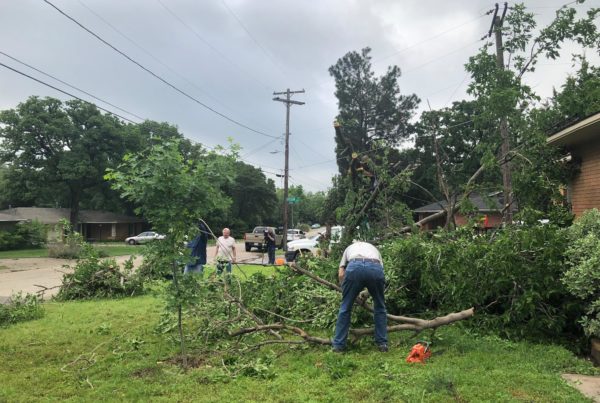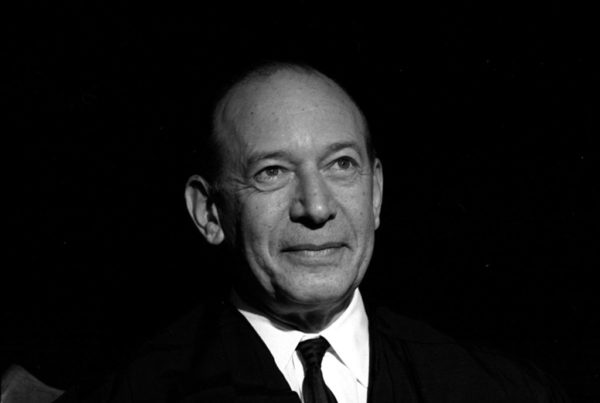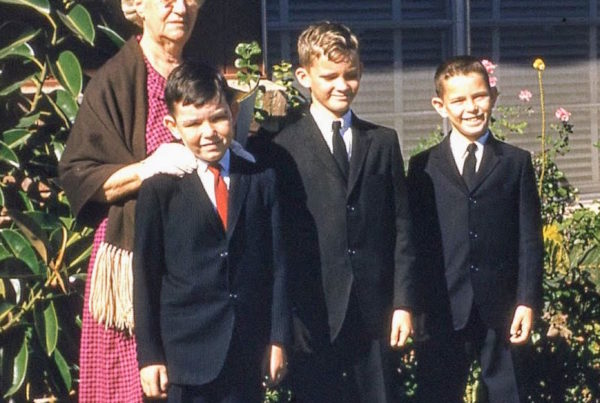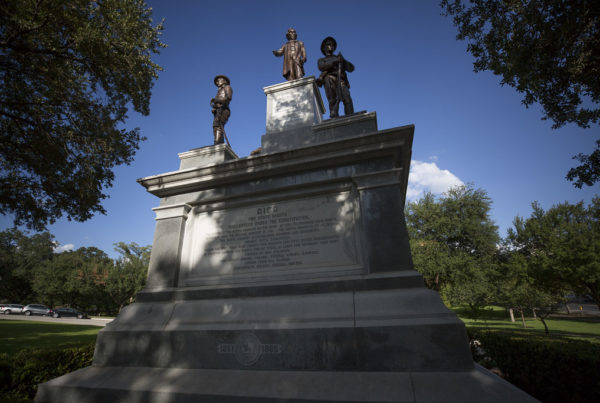On Tuesday, the Alabama Legislature passed a bill that, if signed by the state’s governor, would essentially criminalize abortion, including in cases of rape and incest. Many states, including Texas, have passed laws regulating abortion, but not since 1973 has any state gone as far as Alabama. On its face, the Alabama Legislature’s action is an audacious challenge to the nation’s highest court: Strike down Alabama’s law, or strike down Roe v. Wade.
Lynne Rambo, a law professor at Texas A&M University School of Law in Fort Worth says Alabama’s action is “stunning,” and is a clear move to bring the issue of abortion prohibition before the Supreme Court.
A Texas case that the Fifth Circuit Court of Appeals is currently considering also deals with access to abortion. The State of Texas wants to block Medicaid funding for Planned Parenthood. The case got its start after anti-abortion activists went undercover to record videos of Planned Parenthood officials in Houston.
“[They] asked some questions about procuring fetal tissue in connection with research,” Rambo says.
The footage was heavily edited in an effort to disparage the family planning organization, which performs a small number of abortions compared to the other sexual health and health care services it provides. But conservatives, including Texas Gov. Greg Abbott, cited the videos as justification for taking Planned Parenthood off the state’s Medicaid program. Attorney General Ken Paxton also used the video as evidence of wrongdoing by the organization when he issued an order terminating Planned Parenthood’s participation in Texas Medicaid.
But the makers of the video were indicted, and were “faking who they were,” Rambo says.
A federal appeals court will determine whether Planned Parenthood can challenge the state’s termination of its Medicaid contract, or whether the organization must appeal such decisions with the state agencies involved.
Rambo says the case will likely end up in the Supreme Court.
Written by Shelly Brisbin.
















